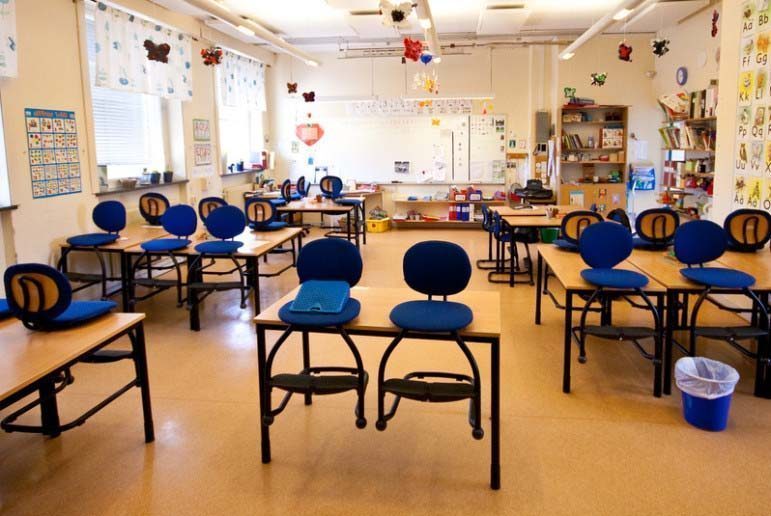
Education costs in Qatar have jumped 11.4 percent since 2013, adding to Qatar’s rising cost of living, recently released government figures show.
The latest consumer price index report from Qatar’s Ministry of Development, Planning and Statistics (MDPS) compared average costs from January 2015 to average of prices in 2013.
The figures were released as schools work to set their rates for the upcoming 2015-16 academic year.
The MDPS report does not provide any monetary figures or say whether its numbers include university tuition.
While it shows that education costs are rising faster than the overall rate of inflation, the ministry’s figure is less than half of the 27.6 percent year-over-year increase reported in April 2014 by the Supreme Education Council (SEC).

The SEC’s report found that the average annual cost of educating a child in Qatar stood at QR13,026 in 2012-13, up from QR10,208 the previous year.
The figure took into account the free schooling offered to Qatari children at government-run independent schools, as well as the cost of an overall education – including tuition fees and books – at private Arabic and international schools.
In Qatar, tuition hikes must be approved by the SEC. In response to concerns about the rapidly increasing costs, the council announced in May that it would start using a new five-point criteria for evaluating future requests from schools.
The SEC told Doha News several weeks later that it had rejected 70 percent of requests from schools to increase fees for the following academic year, primarily because they failed to show compelling evidence that they were incurring financial losses or upgrading facilities.
While this was welcome news for parents, it presented a challenge for school administrators. Like any employer, schools must ensure that staff salaries generally keep pace with inflation in order to attract and retain employees.
Shifting weights
Overall, consumer prices went up 3.4 percent last month, compared to average levels in 2013.
However, that figure likely understates the impact that rising rental costs have had in the past two years. That’s because the CPI is calculated by adding up the relative cost of a “basket” of goods and services consumed by a typical resident in a given month.
That basket of goods is regularly updated to reflect lifestyle changes. In 2013, for example, government statisticians in the UK began to include changes in the price of ebooks to their CPI while removing champagne from the basket.
At the same time, officials also occasionally adjust the weight of each category of goods in the basket.

For example, as smoking rates decline, changes in tobacco prices have a smaller impact on the average household budget. As part of changes unveiled this month, MDPS reduced the weight given to tobacco from 0.3 percent of the overall basket of goods used to calculate inflation to 0.27 percent.
More significantly, Qatar’s statistics authority has now reduced the weight given to the cost of housing, water, gas and electricity.
It once accounted for 32.2 percent of the basket, and is now 21.89 percent.
While this still leaves it as the most heavily weighted category in the basket of goods, housing costs – which have accelerated rapidly in recent years – will now have a lesser impact on the headline inflation number that’s most commonly reported.
In other words, if everything else were to remain equal and rental prices keep rising, the overall inflation rate would be lower than it would under the old methodology.
MDPS said the adjustment was made in part to exclude the assumed rental value of owner-occupied homes.
By contrast, real estate firm Colliers International estimated late last year that the average expat household in Qatar was spending 34 percent of its income on housing.
Commercial rents
The cost of residential accommodations rose steadily through almost all of of 2014, ending the year 7.3 percent higher than in December 2013.

Those ongoing increases prompted a Central Municipal Council member in August to call for a new law limiting rental increases to 10 percent every two years.
While that request has so far gone unheeded, commercial property tenants are in line for another year of relief from rental increases.
Yesterday, the Emir ratified a cabinet decision that extends rental contracts in some locations used for nonresidential purposes.
The Emir took a similar measure a year ago on the same date, following a pledge to control inflation in the rapidly growing country.
Here’s the full January 2015 report:
Thoughts?







